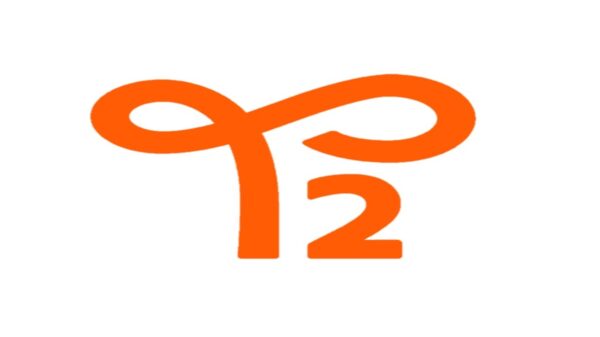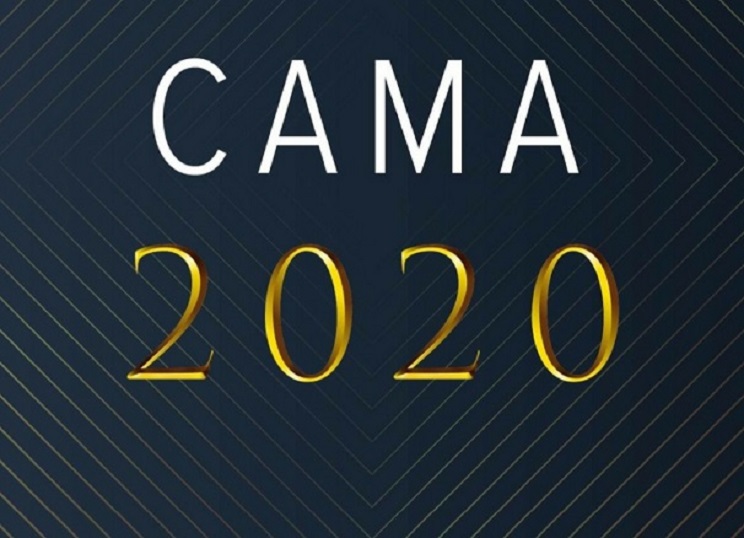A Federal High Court (FHC), Abuja has nullified some sections of the Companies and Allied Matters Act (CAMA), 2020 which were considered to infringe on the fundamental human rights of the Nigerian citizens.
Justice James Omotosho, who struck out the sections in a judgment, held that the plaintiff, Mr Emmanuel Ekpenyong, had a locus standi to institute the suit on the subject matter.
The News Agency of Nigeria (NAN) reports that Ekpenyong, an Abuja-based legal practitioner, had in a suit marked: FHC/ABJ/CS/1076/2020, sued the National Assembly, Corporate Affairs Commission (CAC) and the Attorney-General for the Federation (AGF) as 1st to 3rd defendants respectively.
In the originating summons dated and filed on Aug. 31, 2020, the lawyer prayed the court to determine whether he had the locus standi to institute the proceeding.
“Whether the provisions of Sections 839, 842, 843, 844, 845, 846, 847, 848 and 851 of the Companies and Allied Matters Act infringes on the plaintiff’s right to thought conscience, and religion as enshrined in Section 38 of the 1999 Constitution (as amended).”
Ekpenyong urged the court to further determine whether those sections infringed on his freedom of peaceful assembly and association as enshrined in Section 40 of the 1999 Constitution.
He also prayed the court to determine whether the provisions on the Administrative Proceeding Committee in Section 851 of CAMA, 2020 was inconsistent with the provisions of Section (6)(6)(b) and Sections 36(1) and 251(1) (e) of the 1999 Constitution.
He asked the court to determine whether the court had powers to grant mandatory injunctive reliefs against the defendants.
The lawyer, therefore, prayed the court to void the affected sections, having infringed on his fundamental human rights.
In a counter affidavit dated and filed Jan 20, 2021 by counsel to the CAC, Olasoji Olowolafe, the commission described the suit as “an abuse of judicial process.”
According to the commission, the action is academic hypothetical and of no utilitarian value to the plaintiff.
CAC, which argued that the case was not backed by any credible evidence, prayed the court to dismiss it.
The National Assembly, in its preliminary objection, also contended that the suit was incompetent because pre-action notice was not served on them and that the plaintiff had no locus standi.
Besides, the AGF argued that the suit did not have a reasonable cause of action, while insisting that the plaintiff lacked locus to file the matter.
Ekpenyong, however, filed a reply on points of law, among others, to counter their arguments.
Delivering the judgment, Justice Omotosho held that under Article 3 (e) of the Preamble to the Fundamental Rights (Enforcement Procedure) Rules, anyone could bring fundamental human rights matters on his own interest, on behalf of another person or even in public interest.
The judgment, which was delivered on Tuesday, was sighted on Friday by NAN.
According to the judge, under the new human rights regime, a court shall not dismiss a human right action for mere want of locus standi.
He, therefore, held that the plaintiff in the case had locus to institute the suit.
Justice Omotosho held that the powers granted to CAC to regulate and administer Incorporated Trustees in Nigeria under Sections 839, 842, 843, 844, Section 845, Section 846, Section 847, Section 848 of the CAMA 2020 had infringed on Ekpenyong’s right to freedom of thoughts.
He also held that the sections infringed on the conscience and religion as enshrined under Section 38 of the constitution and freedom of peaceful assembly and association enshrined under Section 40 of the constitution and are therefore null and void.
He also held that the provisions of the Administrative Proceedings Committee in Section 851 of the new CAMA denied the plaintiff his constitutional rights of access to court in Sections 6 (6) (b) and Section 36 (1) of the constitution and also usurped the powers of the Federal High Court under Section 251 (1) (e) of the constitution.
The judge, consequently, struck down Sections 839, 842, 843, 844, 845, 846, 847, 848 and Section 851 of the CAMA 2020, declaring same to be null and void, having been inconsistent with the provisions of the constitution.
The judge, however, agreed that since Ekpenyong did not serve the National Assembly with pre-action notice in line with Section 21 of the Legislative Houses Power and Privileges Act, the suit was incompetent against the legislative organ.
NAN had, on March 21, reported that Justice Inyang Ekwo of a sister court had retrained the CAC from suspending or appointing trustees of the Christian Association of Nigeria (CAN) and the churches.
Justice Inyang Ekwo, in that judgment in a suit filed by the Registered Trustees of CAN, held that the provisions of Sections 17 (1), 839 (1) and (7) (a), 842 (1) and (2), 851 and 854 of the Companies and Allied Matters Act (CAMA), 2020 and Regulations 28, 29 and 30 of the Companies Regulations (CR), 2021 were not applicable to CAN, the churches and other religious body.(NAN)
![]()




























































